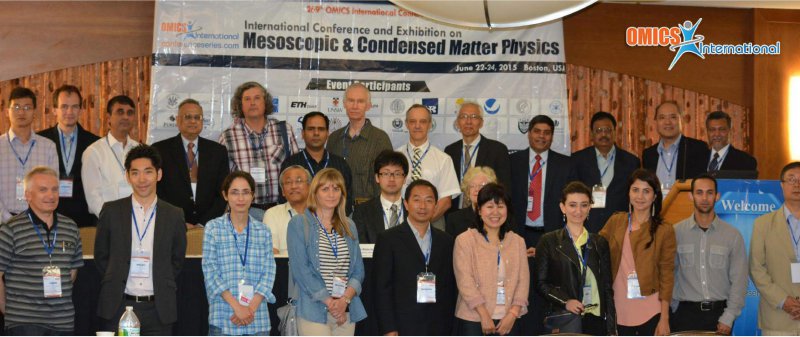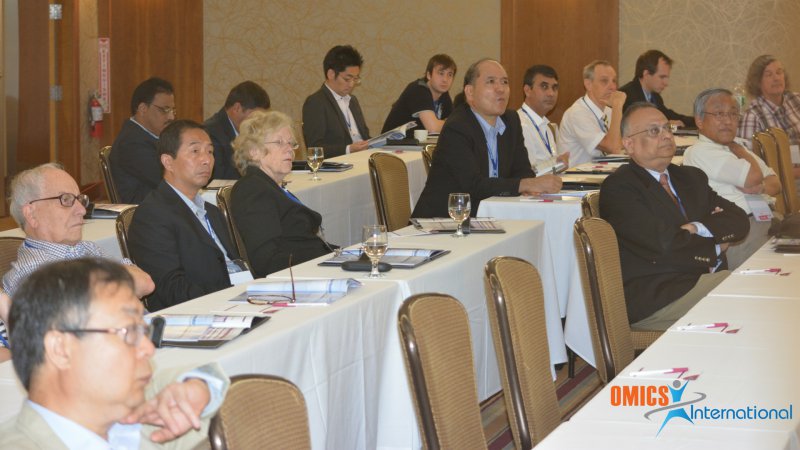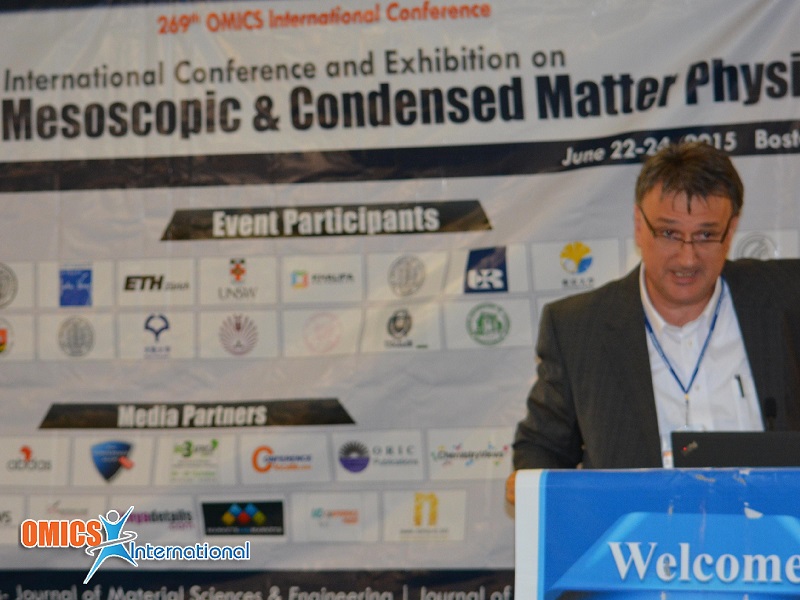
A F Isakovic
Khalifa University, UAE
Title: Biologically motivated computational toolbox for energy optimization of nanoelectronic systems
Biography
Biography: A F Isakovic
Abstract
Minimal energy electronic systems (MEES) have attracted significant attention in recent years due to the variety of fundamental and practical problems arising with the scale down of the components on a chip, broadly addressed via Moore’s law. The MEES design constraint is necessitated, among other processes,by the increase in the release of heat as the size of the active components decreases, which leads to the need to decrease the operating currents, for example. Regardless of the type of device (magnetic memory, electronic switch etc.), nanoelectronic and mesoscopic device physicists are confronted by the number of parameters that need to be optimized in order to minimize the energy (power) expenditure of the device without sacrificing the overall performance. Such problems often involve a number of parameters that make it intractable for nanofabrication and nanotechnology practitioners to cover in a short time scale, which forces the use of an extensive experimentation search combined with an educated guess. In this contribution, we show how a biologically motivated computing technique, such as Particle Swarm Optimization (PSO), can be used to speed up the process of optimal selection of the values of geometric (size) and physical parameters. Specifically, in two examples, we show how critical current needed to perform the switching operation of magnetic tunnel junction (MTJ) and thermoelectric emission current from an anowire could be optimized. A comparison of a computational output with nano-/mesodevice (MTJ or nanowire diodes) literature data shows a good agreement.



